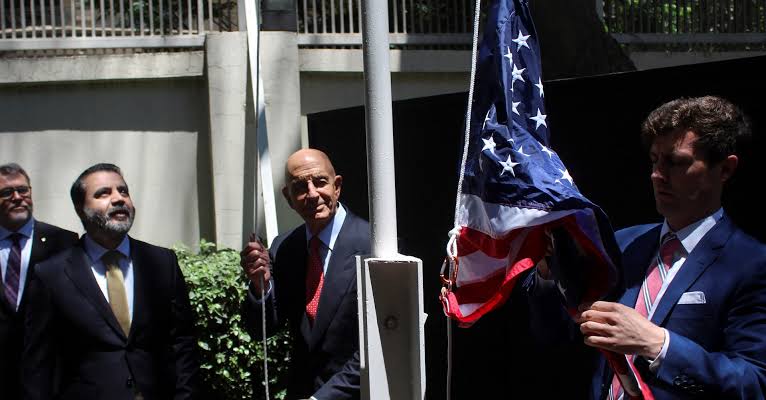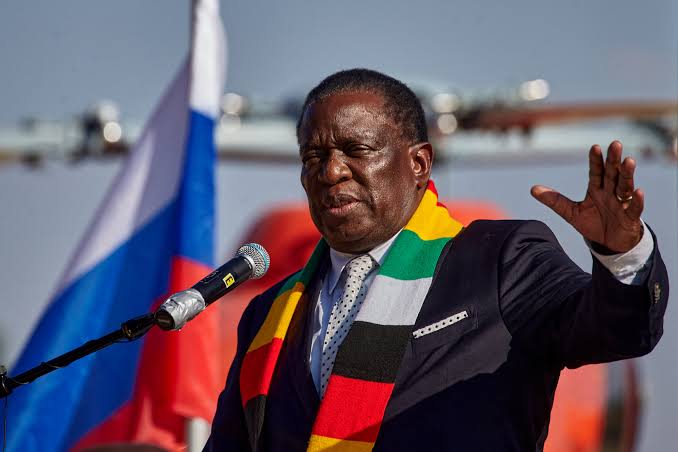Abuja, Nigeria – The National Information Technology Development Agency (NITDA) is advocating for policies that integrate Nigeria’s rich cultural heritage into its rapidly developing digital economy. This call comes amid growing concerns that the influx of foreign technology and digital content could erode traditional values and cultural identity.
NITDA Director-General Kashifu Inuwa Abdullahi emphasized the need for digital solutions to reflect Nigerian values and traditions, stating that technology should “preserve and celebrate the diversity of our cultures.”
The agency is actively seeking partnerships with cultural institutions, local communities, and digital innovators to create culturally sensitive solutions. This includes incorporating elements of art, music, languages, and traditional knowledge into digital innovations.
See more: UN: AI Could Transform Nearly Half of Jobs Globally
“We want to create tech that speaks to Nigerians—a technology that understands and amplifies our cultural uniqueness,” said Inuwa.
However, some observers are skeptical about the feasibility of balancing technological advancement with cultural preservation in a globalized world. They argue that the very nature of digital technology promotes a homogenization of culture and values.
“It’s a noble goal, but it’s difficult to see how Nigeria can effectively shield itself from the influence of global digital trends,” says cultural anthropologist, Chinwe Okafor. “The internet is inherently borderless, and young people are increasingly exposed to foreign cultures and ideas.”
NITDA is calling for policy reforms to encourage the creation of culturally relevant digital content and protect local intellectual property. However, enforcing these policies in the digital space will be a significant challenge.
The agency’s efforts reflect a broader concern in many developing countries about preserving cultural identity in the face of globalization. Whether Nigeria can successfully navigate this complex terrain and create a digital economy that is both innovative and culturally sensitive remains to be seen. The international community will be watching closely to see how Nigeria balances these competing priorities.





